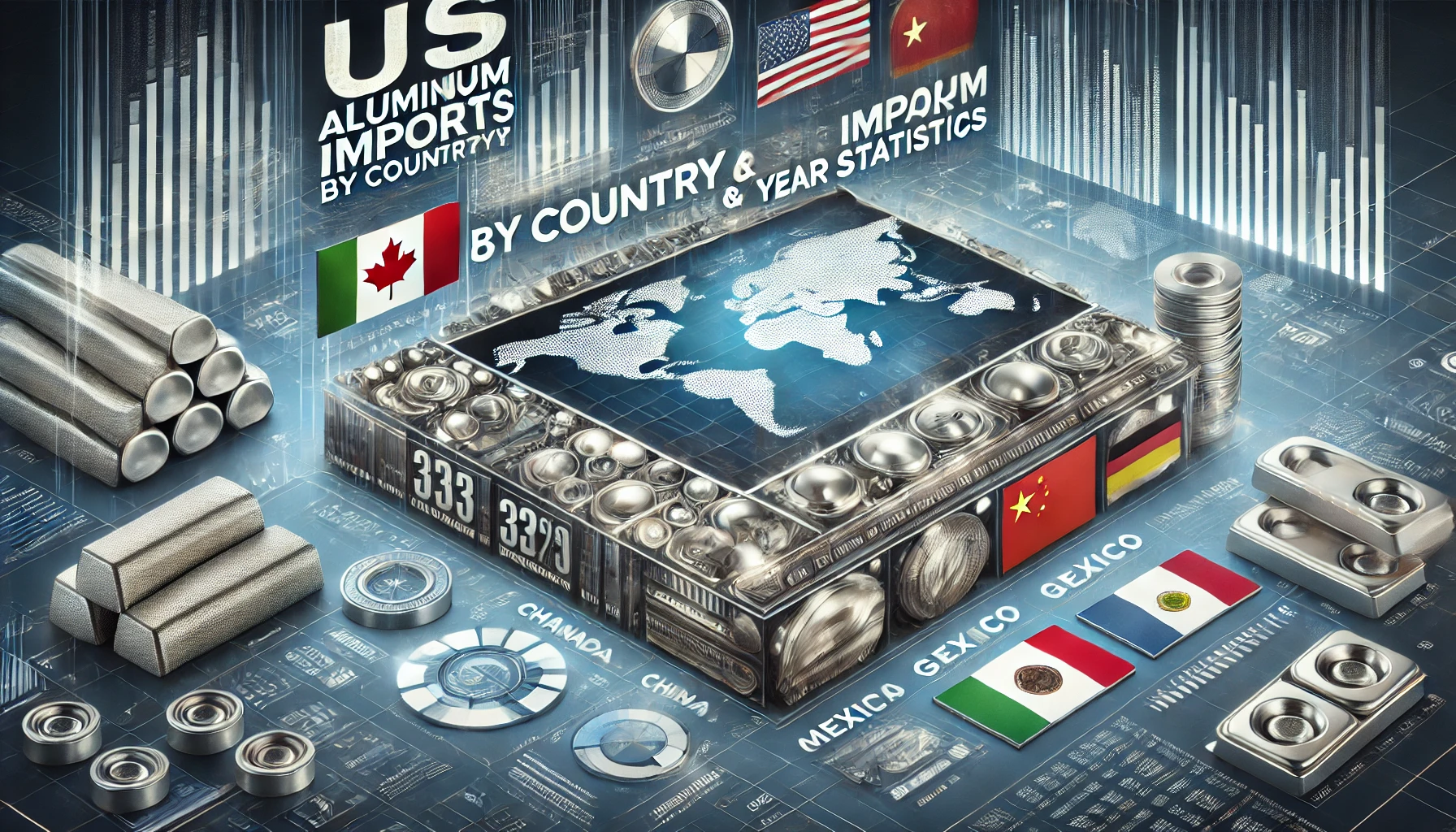International business payments are the backbone of global trade in today’s interconnected world. Companies of all sizes rely on efficient and secure payment systems to complete transactions, pay suppliers, and expand their operations across borders. However, navigating the complexities of global transactions isn’t always smooth sailing. From fluctuating currencies to compliance hurdles, businesses face numerous challenges in managing international payments effectively.
Understanding International Business Payments
At its core, international business payments refer to transactions made between businesses located in different countries. These payments often involve multiple currencies, banks, and intermediaries. The process is a critical aspect of international trade, facilitating everything from the purchase of goods to investments and service contracts.
Key players in the payment process include banks, payment processors, currency exchange providers, and financial technology (FinTech) companies.
Types of International Business Payments
Wire Transfers
Wire transfers are one of the most common methods for sending money internationally. They are secure and widely accepted but can be expensive due to fees and exchange rates.
Credit and Debit Cards
Using credit or debit cards for international transactions is convenient but often comes with high transaction fees and unfavorable exchange rates.
Online Payment Platforms
Platforms like PayPal, Stripe, and Wise (formerly TransferWise) offer a user-friendly way to handle cross-border payments. They are especially popular among small businesses and freelancers.
Letters of Credit
A letter of credit guarantees payment from a buyer’s bank to a seller, ensuring security for both parties in international trade.
Bank Drafts and Checks
Although less common today, bank drafts and checks are still used for certain international transactions. However, they can take longer to process.
How International Payments Work
Role of Banks and Intermediaries
Banks and intermediaries act as the backbone of international payments, ensuring that funds are transferred securely across borders. They handle verification, currency exchange, and fund settlement.
Currency Exchange Process
Currency exchange is a vital part of international payments. Banks or exchange providers convert one currency into another at prevailing exchange rates, which can fluctuate.
Common Challenges in International Payments
Currency Fluctuations
Exchange rate volatility can significantly impact the cost of international transactions, making it hard for businesses to predict expenses.
High Transaction Fees
Banks and payment processors often charge hefty fees for cross-border transactions, eating into profit margins.
Legal and Regulatory Compliance
Each country has its own set of regulations, making compliance a complex and time-consuming process.
Fraud Risks
International payments are vulnerable to fraud and cyberattacks, requiring businesses to adopt robust security measures.
Solutions to Simplify International Payments
Choosing Reliable Payment Partners
Selecting trustworthy banks or payment platforms ensures secure and smooth transactions.
Digital Wallets and FinTech Solutions
Digital wallets and FinTech tools like Wise and Revolut provide cost-effective and faster alternatives to traditional banking systems.
Hedging Against Currency Risk
Hedging tools like forward contracts and currency options can protect businesses from exchange rate fluctuations.
Importance of Compliance in International Payments
Compliance with international regulations is crucial to avoid penalties and ensure smooth transactions. Key requirements include:
- Anti-Money Laundering (AML) Regulations: These laws aim to prevent illegal financial activities.
- Know Your Customer (KYC) Requirements: Businesses must verify the identities of their clients to meet compliance standards.
Benefits of Efficient International Payments
Faster Transactions
Streamlined payment processes help businesses avoid delays and meet deadlines.
Enhanced Business Relationships
Efficient payments build trust with suppliers, clients, and partners.
Cost Savings
Adopting cost-effective solutions reduces fees and improves profitability.
Emerging Trends in International Payments
Blockchain Technology
Blockchain is revolutionizing international payments by offering secure, transparent, and instant transactions.
Instant Cross-Border Transfers
Real-time payment systems are becoming the norm, reducing the time it takes to settle transactions.
Steps to Ensure Smooth International Payments
- Understanding Payment Terms: Clarify payment terms with international partners to avoid misunderstandings.
- Partnering with Trusted Providers: Work with established banks or FinTech companies for secure transactions.
Future of International Business Payments
The future of international payments lies in advanced technologies like artificial intelligence (AI) and machine learning. These tools are set to enhance fraud detection, automate processes, and improve efficiency. As globalization continues, the demand for seamless international payment solutions will only grow.
Conclusion
International business payments are the lifeline of global commerce. While challenges like currency fluctuations and compliance issues persist, innovative solutions and technologies are transforming the way businesses handle cross-border transactions. By adopting best practices and leveraging emerging trends, companies can streamline their payment processes and thrive in the global market
FAQs
- What is the safest way to make international business payments?
Using reliable payment platforms like PayPal or bank wire transfers with fraud protection measures is the safest option. - How do I reduce currency exchange risks in global payments?
Hedging strategies like forward contracts and using multi-currency accounts can help mitigate risks. - What are the most cost-effective methods for international transfers?
Digital wallets and FinTech platforms often offer lower fees compared to traditional banks. - What should I know about compliance in international payments?
Ensure compliance with AML and KYC regulations to avoid legal penalties and delays. - How is technology transforming international payments?
Blockchain, AI, and real-time payment systems are making transactions faster, cheaper, and more secure.
